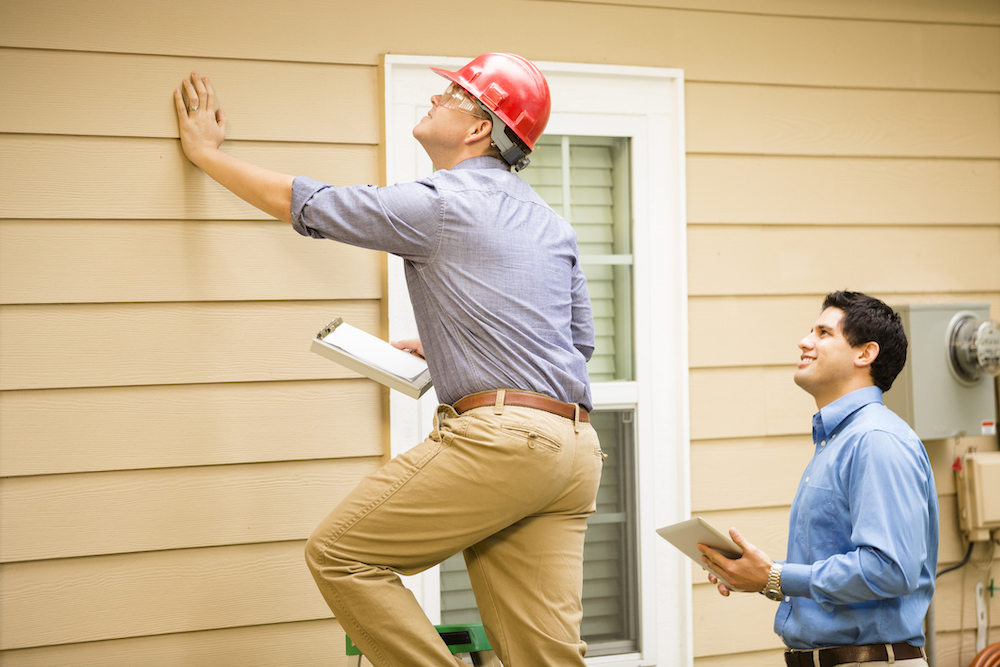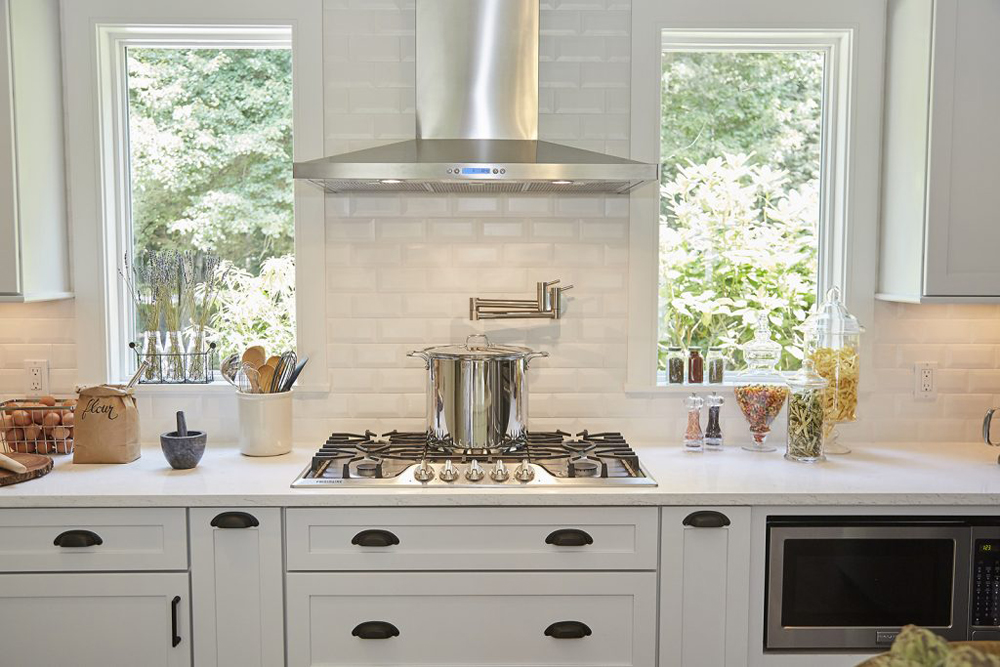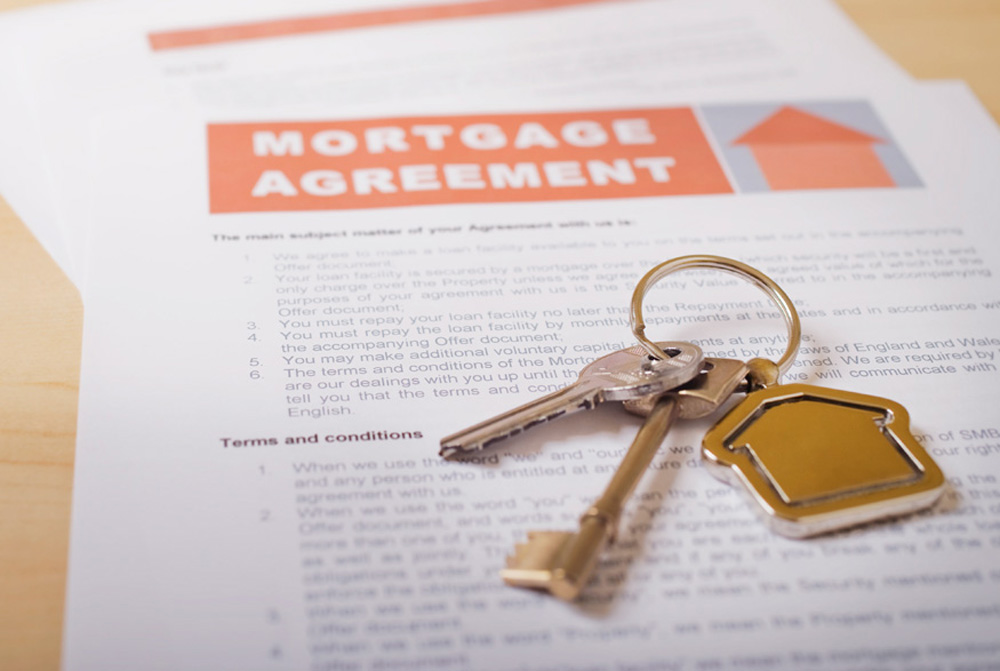There’s a lot of homebuying advice out there, some good, some bad. Here’s some of the worst I’ve ever heard.
Scott McGillivray is a real estate expert and host of HGTV Canada’s Income Property and Moving the McGillivrays.

You Don’t Need a Home Inspection on a New Build
Just because a house is new doesn’t mean it’s built well, so I always recommend getting a home inspection, even if you’re the very first owner. Even if the home is under warranty for a period of time, you can save a lot of hassles and headaches if the problems are fixed before you move in. It’s much better to have an inspector find an electrical issue or foundation issue before you’ve completely committed vs. after you’ve settled in. It’s worth the extra few hundred dollars. Trust me.
Related: Do You Really Need a Home Inspection? Scott McGillivray Says…

Don’t Buy Yet, Home Prices Are Going Down
I’ve said it before and I’ll say it again: it’s not about timing the market. It’s about time in the market. Everyone thinks they know what’s going to happen with house prices, but no one can predict the future. Even after 20 years as an investor, I can’t guarantee that a house will go up or down in the short term. Sure, I have an idea, but not a crystal ball. So I always recommend that you get into the market as soon as you can and think long term. Even if prices go down in the short term, eventually they’ll go back up – and if you’ve made smart, value-adding improvements, you’ll come out on top in the long run.
Related: Scott McGillivray Predicts the Top Home Renovation Trends for 2019

Remove Conditions to Make Your Offer More Appealing
Yes, removing conditions can make your offer more appealing to the seller, but if you’re not careful it could hurt you and cost you a lot of money. I recommend removing any financing conditions by getting pre-approved beforehand, but I don’t recommend forgoing a home inspection (unless you’re already planning extensive renovations). Having your offer accepted only to discover you need to make expensive fixes can end up costing you a fortune in the long run.
Related: Scott McGillivray Ranks the Worst Home Trends of the Last 10 Years

Buy as Much House as You Can Afford
Nope. It’s not about the price of the house, it’s about the value. If you can buy a house that has great potential and is not at the top of your budget, why wouldn’t you? In my mind it’s better to save some money in order to make fixes and value-adding upgrades. If you have to buy at the top of your budget so be it, but don’t make it a priority.

Renovations Always Add Value
You’d think that in my business I would agree with this statement. But, no so much. Any renovations you do must add value, meaning they need to be good quality and they must be in line with the market value of the property. A luxury chef’s kitchen will not get you a great return on the investment in a terrible neighbourhood nor will a luxury bathroom in a home where everything else is falling apart. When considering what upgrades to make, you have to look at the big picture.

Don’t Make a Lowball Offer
Some people think that lowball offers offend sellers. So? We’re talking about huge amounts of money! You should try to save as much as you possibly can. It’s true that the seller may not like it, but this is a negotiation. You can always offer more if they don’t accept it, but not vice versa. Just be smart about it. If they’re getting multiple offers, a lowball offer obviously won’t work, but otherwise, why not try? You could end up saving thousands of dollars. My feeling is that if I’m not at least a little bit embarrassed by how low my offer is, it’s too high.

Never Pay Full Price
While I support lowball offers in some cases, I also recognize that houses in some of today’s markets sell for over asking. So making a general statement like “never pay full price” doesn’t really make sense. While I support the general idea, you have to work within the market. Sometimes paying below asking just ain’t gonna happen! Also, keep in mind that some people price low in order to drum up interest. Sometimes the asking price is still a great deal.

It’s Okay to Let the Seller Stay in the House After Closing
You might think that if you’re not moving in yet, letting the seller stay past closing is not a big deal. But it is! Anything that happens once you own the house is your responsibility. If there are extenuating circumstances and for some reason this absolutely has to happen, I beg of you, consult a lawyer to make sure you’ve got an iron clad agreement that protects you. But this will cost you money, so make sure the seller is prepared to compensate you. And get it in writing!
HGTV your inbox.
By clicking "SIGN UP” you agree to receive emails from HGTV and accept Corus' Terms of Use and Corus' Privacy Policy.




